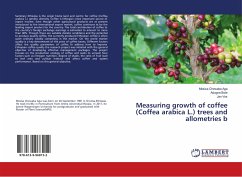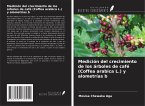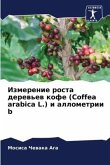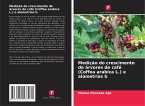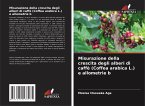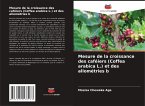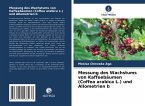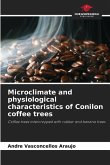Summary Ethiopia is the origin home land and centre for coffee (Coffea arabica L.) genetic diversity. Coffee is Ethiopia's most important source of export income. Even though other agricultural products are at present introduced to the international export market, coffee continues to be the leading export product for the country. The total contribution of coffee to the country's foreign exchange earnings is estimated to amount to more than 40%. Though there are suitable climatic conditions and the potential to produce quality coffee, the currently produced Ethiopian coffee is often quiet ordinary weakly competing in the market. On the world market quality is a key determinant of the price of coffee beans. Different factors affect the quality parameters of coffee. To address how to improve Ethiopian coffee quality the research project was initiated with the general objective of developing effective management packages. The project focuses on the production ecology of coffee and seeks to unravel how factors such as nitrogen nutrition, degree of shade, the ratio of fruit load to leaf area and cultivar interact and affect coffee and system performance. Based on this general objective,
Bitte wählen Sie Ihr Anliegen aus.
Rechnungen
Retourenschein anfordern
Bestellstatus
Storno

